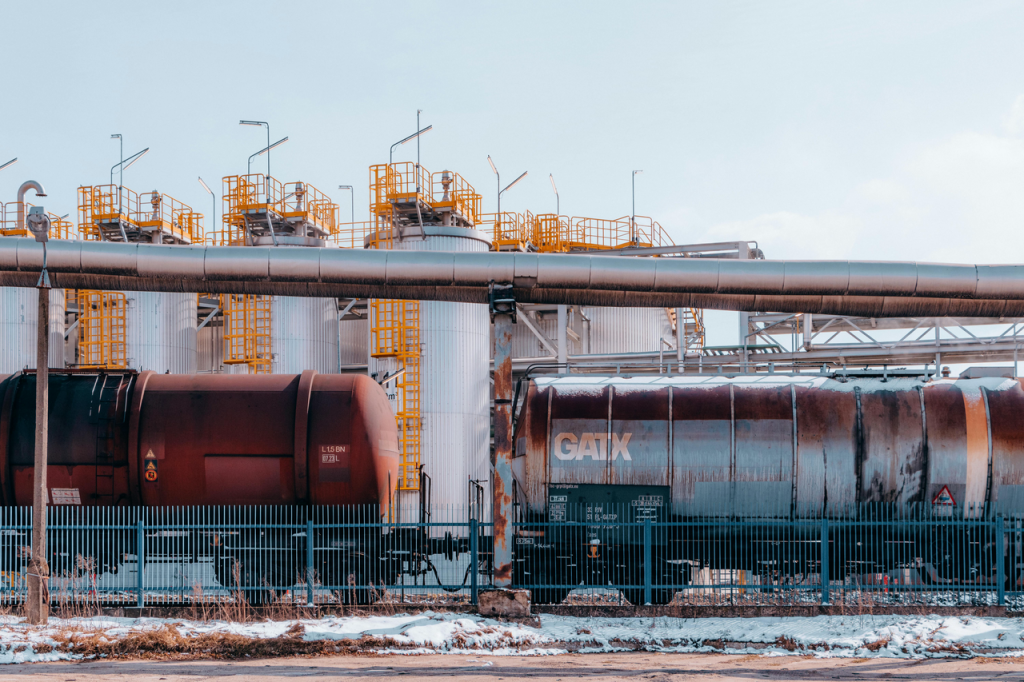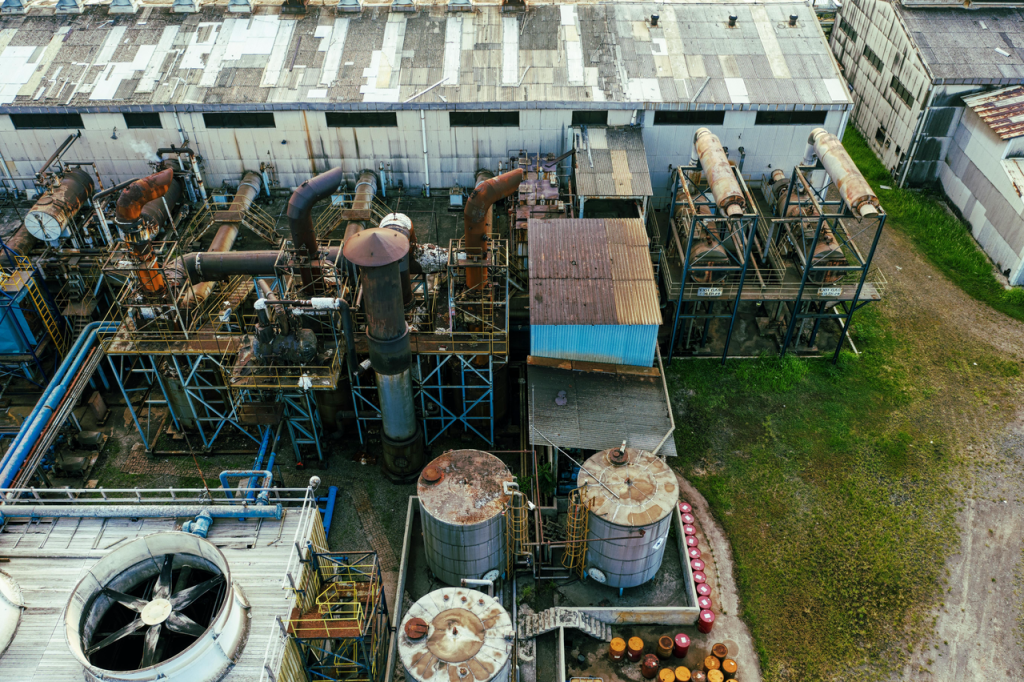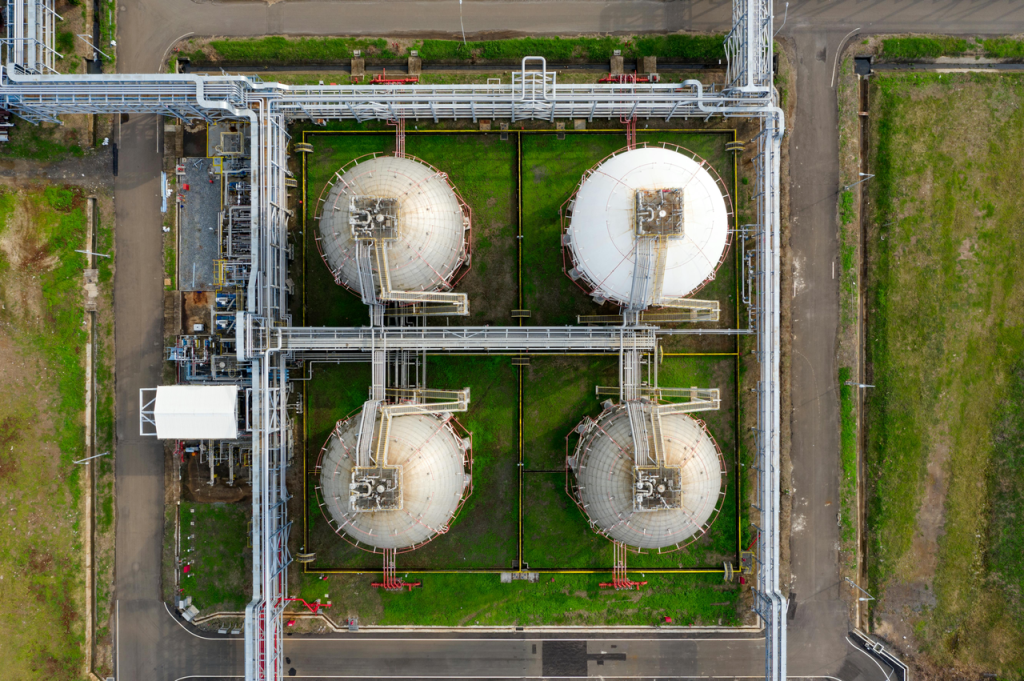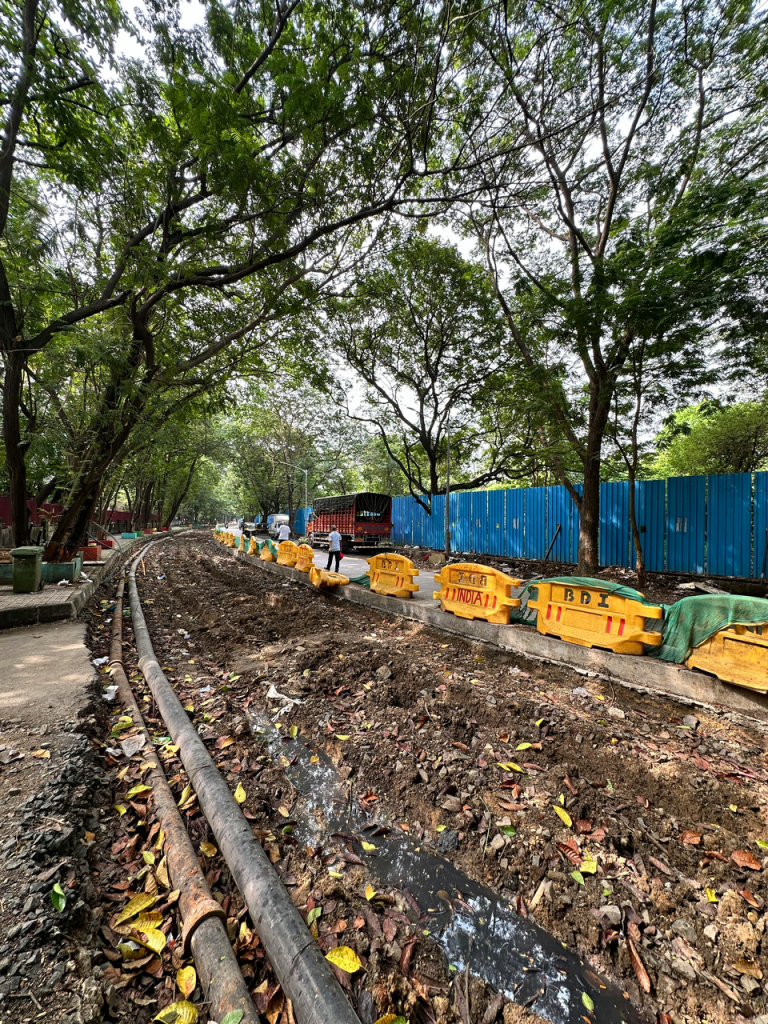Petrochemical products are the backbone of modern industries, driving innovation, economic growth, and technological advancements across the globe. From fuels and construction materials to specialty chemicals and industrial applications, petrochemicals play a pivotal role in shaping the world we live in. At the forefront of this transformative industry is the Ambani Consortium Group, a global leader in petrochemical innovations, delivering high-quality products that power industries and improve lives.
This article explores the global impact of petrochemical products, highlights the Ambani Consortium Group’s contributions, and examines how these essential materials are revolutionizing modern industrial applications. Whether you’re an industry professional, a policymaker, or simply curious about the role of petrochemicals, this guide offers valuable insights into their significance and future potential.
The Role of Petrochemical Products in Modern Industries
Petrochemicals are derived from petroleum and natural gas, serving as the building blocks for countless products that define modern life. Their versatility, durability, and cost-effectiveness make them indispensable across various sectors.
- Fuels and Energy
Petrochemical products like Liquid Petroleum Gas (LPG), Liquefied Natural Gas (LNG), Benzine, Naphtha, Kerosene, Jet Fuel, and Diesel are essential for powering transportation, industries, and households.
- Global Impact: The global demand for petrochemical-based fuels continues to grow, driven by urbanization, industrialization, and the need for reliable energy sources. (International Energy Agency (IEA). (2023). Global Energy Outlook.)
- Ambani Consortium Group’s Contribution: The group is a leading exporter of high-quality fuels, ensuring reliable and efficient energy solutions for industries and consumers worldwide.

- Bitumen and Construction Materials
Bitumen, a key petrochemical product, is widely used in road construction, roofing, waterproofing, and industrial applications. The Ambani Consortium Group offers a wide range of bitumen products, including:
- Penetration Bitumen
- Performance Grades Bitumen
- Viscosity Grades Bitumen
- Oxidized Bitumen
- Cutback Bitumen
- Coat Bitumen
- Emulsion Bitumen
- Global Impact Bitumen is critical for infrastructure development, enabling the construction of durable roads, airports, and buildings. The global bitumen market is projected to reach $94.5 billion by 2027, driven by urbanization and infrastructure projects. (Grand View Research. (2023). Bitumen Market Size, Share & Trends Analysis Report.)
- Ambani Consortium Group’s Contribution The group’s innovative bitumen products are designed to meet the challenges of modern construction, ensuring durability, sustainability, and cost-effectiveness.

- Specialty and Industrial Applications
Petrochemicals are essential for producing specialty chemicals used in coatings, adhesives, waterproofing, and industrial processes.
- Global Impact The specialty chemicals market is expected to grow at a CAGR of 5.5% from 2023 to 2030, driven by demand in construction, automotive, and manufacturing sectors. (MarketsandMarkets. (2023). Specialty Chemicals Market Global Forecast.)
- Ambani Consortium Group’s Contribution The group supplies high-performance petrochemical products tailored to the needs of industries, ensuring quality and reliability.

Ambani Consortium Group’s Leadership in Petrochemical Innovations
The Ambani Consortium Group has established itself as a global leader in the petrochemical industry, delivering quality petrochemical exports and innovative solutions that meet the needs of modern industries.
- Comprehensive Product Portfolio
The group offers a wide range of petrochemical products, including:
- Fuels: LPG, LNG, Benzine, Naphtha, Kerosene, Jet Fuel, Diesel.
- Bitumen: Penetration, Performance Grades, Viscosity Grades, Oxidized, Cutback, Coat, and Emulsion Bitumen.
- Specialty Chemicals: Tailored solutions for construction, roofing, waterproofing, and industrial applications.
- Business-to-Business (B2B) Expertise
As a B2B-focused company, the Ambani Consortium Group primarily serves bulk consumers, including:
- Construction and Infrastructure Development Companies
- Importers of Petrochemical Products
- Industrial and Specialty Chemical Manufacturers
- Sustainability Initiatives
The group is committed to reducing its environmental footprint through:
- Eco-Friendly Products: Developing sustainable bitumen and specialty chemicals.
- Efficient Logistics: Minimizing carbon emissions in transportation and distribution.
- Recycling Programs: Promoting the reuse of petrochemical byproducts.

The Future of Petrochemical Products
The petrochemical industry is evolving rapidly to meet the demands of a changing world. Key trends shaping its future include sustainable innovations, digital transformation, and infrastructure development. These advancements are redefining the industry and ensuring its relevance in a low-carbon, technology-driven future.
- Sustainable Innovations
The shift toward bio-based feedstocks and circular economy practices is paving the way for greener petrochemical production.
- Bio-Based Feedstocks Derived from renewable sources like plants and waste, bio-based feedstocks reduce reliance on fossil fuels. The global bio-based chemicals market is projected to reach $125 billion by 2030. (European Bioplastics. (2023). Bioplastics Market Data.)
- Circular Economy Recycling and reusing petrochemical products minimize waste and resource consumption. For example, recycling plastics could reduce global carbon emissions by 1.8 billion tons annually by 2050. (Ellen MacArthur Foundation. (2023). The New Plastics Economy.)

- Digital Transformation
Advanced technologies like AI, IoT, and blockchain are optimizing production and enhancing supply chain efficiency.
- AI-Driven Optimization AI improves production processes, predicts equipment failures, and reduces energy consumption. It could cut global energy use in the sector by 10-15% by 2030. (McKinsey & Company. (2023). AI in Petrochemicals: Driving Efficiency and Sustainability.)
- IoT for Real-Time Monitoring IoT enables real-time tracking of energy use and equipment performance, reducing waste and improving efficiency.
- Blockchain for Transparency Blockchain ensures secure and transparent supply chain tracking, reducing costs by 15-20%. (Deloitte. (2023). Blockchain in Petrochemicals: A Game-Changer.)

- Infrastructure Development
Global infrastructure investments are driving demand for petrochemical products like bitumen, plastics, and specialty chemicals.
- Bitumen for Roads The global bitumen market is projected to reach $94.5 billion by 2027, fueled by urbanization and infrastructure projects. (Grand View Research. (2023). Bitumen Market Size, Share & Trends Analysis Report.)
- Plastics for Construction Plastics are essential for building materials, pipelines, and water systems, with the market expected to grow at a CAGR of 4.2% from 2023 to 2030. (Allied Market Research. (2023). Plastics in Construction Market Report.)

Conclusion
The future of the petrochemical industry is being shaped by sustainable innovations, digital transformation, and infrastructure development. These trends are addressing global challenges and creating new opportunities for growth.
The Ambani Consortium Group is leading this transformation, delivering quality petrochemical products and innovative solutions that power industries and improve lives. By embracing sustainability, technology, and infrastructure development, the group is paving the way for a cleaner, greener, and more prosperous future.
References
- International Energy Agency (IEA). (2023). Global Energy Outlook.
https://www.iea.org/reports/global-energy-outlook-2023 - Grand View Research. (2023). Bitumen Market Size, Share & Trends Analysis Report.
https://www.grandviewresearch.com/industry-analysis/bitumen-market - MarketsandMarkets. (2023). Specialty Chemicals Market Global Forecast.
https://www.marketsandmarkets.com/Market-Reports/specialty-chemicals-market-1072.html - European Bioplastics. (2023). Bioplastics Market Data.
https://www.european-bioplastics.org/market/ - Ellen MacArthur Foundation. (2023). The New Plastics Economy.
https://ellenmacarthurfoundation.org/topics/plastics - McKinsey & Company. (2023). AI in Petrochemicals: Driving Efficiency and Sustainability.
https://www.mckinsey.com/business-functions/sustainability/our-insights/ai-in-petrochemicals-driving-efficiency-and-sustainability - Deloitte. (2023). Blockchain in Petrochemicals: A Game-Changer.
https://www2.deloitte.com/us/en/insights/industry/energy-and-resources/blockchain-in-petrochemicals.html - Allied Market Research. (2023). Plastics in Construction Market Report.
https://www.alliedmarketresearch.com/plastics-in-construction-market